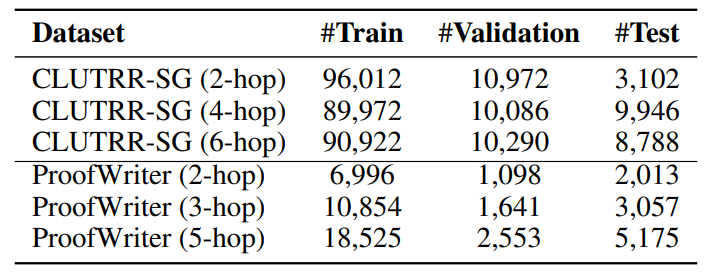Solana Staking Hits NYSE: Grayscale Opens GSOL ETF Access to Crypto Investors
TLDR:
- GSOL begins trading on NYSE Arca, giving U.S. investors access to Solana exposure via ETF format.
- Grayscale offers staking for GSOL investors, passing 77% of rewards directly to holders.
- Solana’s high-speed blockchain supports thousands of transactions per second for global users.
- GSOL marks Grayscale’s expansion beyond Bitcoin and Ethereum with institutional-grade crypto access.
Grayscale has introduced the Solana Trust ETF, ticker GSOL, to the U.S. market, expanding digital asset options for investors. The product now trades on NYSE Arca, offering exposure to Solana alongside staking benefits.
GSOL combines fast, low-cost blockchain access with the potential for rewards. Investors can participate through a familiar exchange-traded format supported by Grayscale’s institutional infrastructure.
The launch reflects growing interest in crypto as part of diversified portfolios.
The new ETF is not registered under the Investment Company Act of 1940, which means it follows different regulatory standards than typical ETFs or mutual funds. An investment in GSOL carries risks, including the possibility of losing principal, and does not represent a direct purchase of Solana tokens.
According to a Grayscale tweet, the product provides convenient access to Solana, one of the fastest-growing digital assets, and benefits from staking through the trust.
Grayscale Expands Crypto Access with GSOL ETF
GSOL offers investors the chance to earn staking rewards, which are captured in the net asset value and can compound over time. Grayscale intends to pass on 77% of these rewards to investors.
Kristin Smith, President of the Solana Policy Institute, noted that staking allows investors to help secure the network while earning potential returns. The ETF launched in 2021, listed on OTCQX in 2023, and began staking in October 2025, becoming one of the first U.S.-based spot Solana ETPs to offer this feature.
The ETF builds on Grayscale’s track record with Bitcoin and Ethereum products, positioning it among the largest U.S. Solana ETP managers by assets under management.
Senior VP Inkoo Kang emphasized that GSOL expands investor choice while maintaining operational and educational support for advisors and institutions. The product targets both first-time users and professional investors exploring digital assets as part of their portfolio.
Solana’s Network and Staking Rewards Drive Interest
Solana operates on a high-performance Proof of Stake blockchain, capable of processing thousands of transactions per second with low fees. The network has attracted a broad range of participants, from retail users to global financial institutions.
GSOL provides low-cost access to this ecosystem while enabling investors to earn staking rewards, combining exposure and potential value accrual in a single product.
As the adoption of digital assets grows among advisors and institutions, GSOL offers a familiar entry point with the benefits of staking and a trusted manager. According to Grayscale, the ETF allows investors to participate in Solana’s future through their own investment strategies.
The post Solana Staking Hits NYSE: Grayscale Opens GSOL ETF Access to Crypto Investors appeared first on Blockonomi.
You May Also Like

Privacy is ‘Constant Battle’ Between Blockchain Stakeholders and State

Technical Setup for RECKONING: Inner Loop Gradient Steps, Learning Rates, and Hardware Specification
